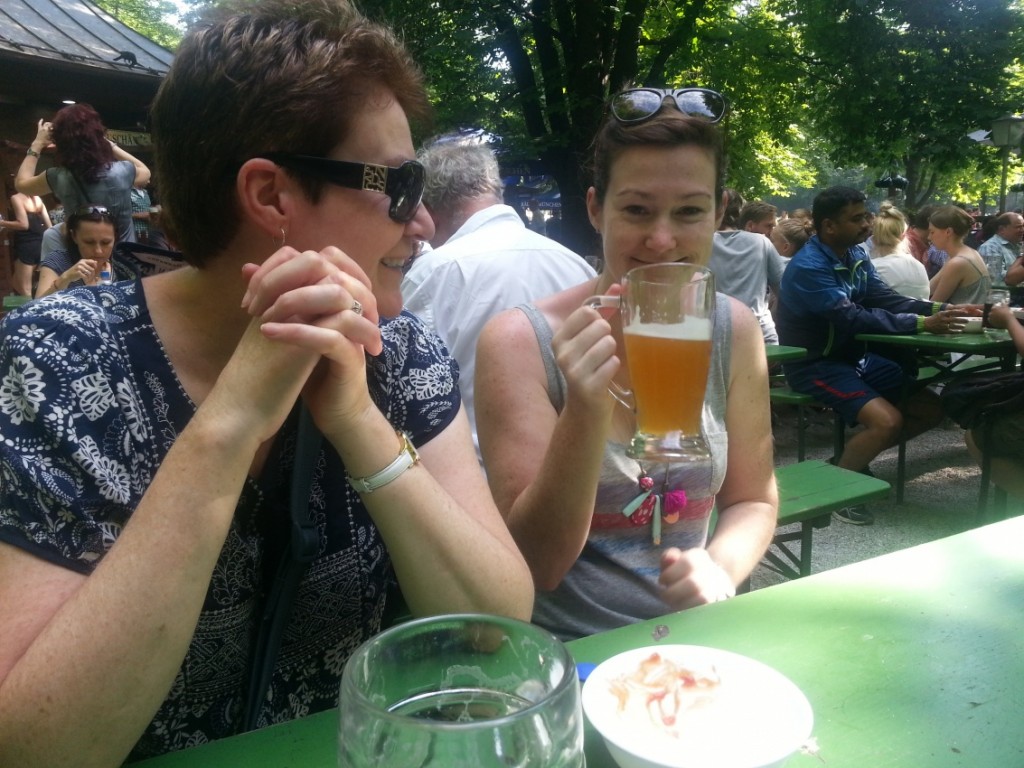
Enjoying Beer: 11 things Germany gets right (where Australia fails)
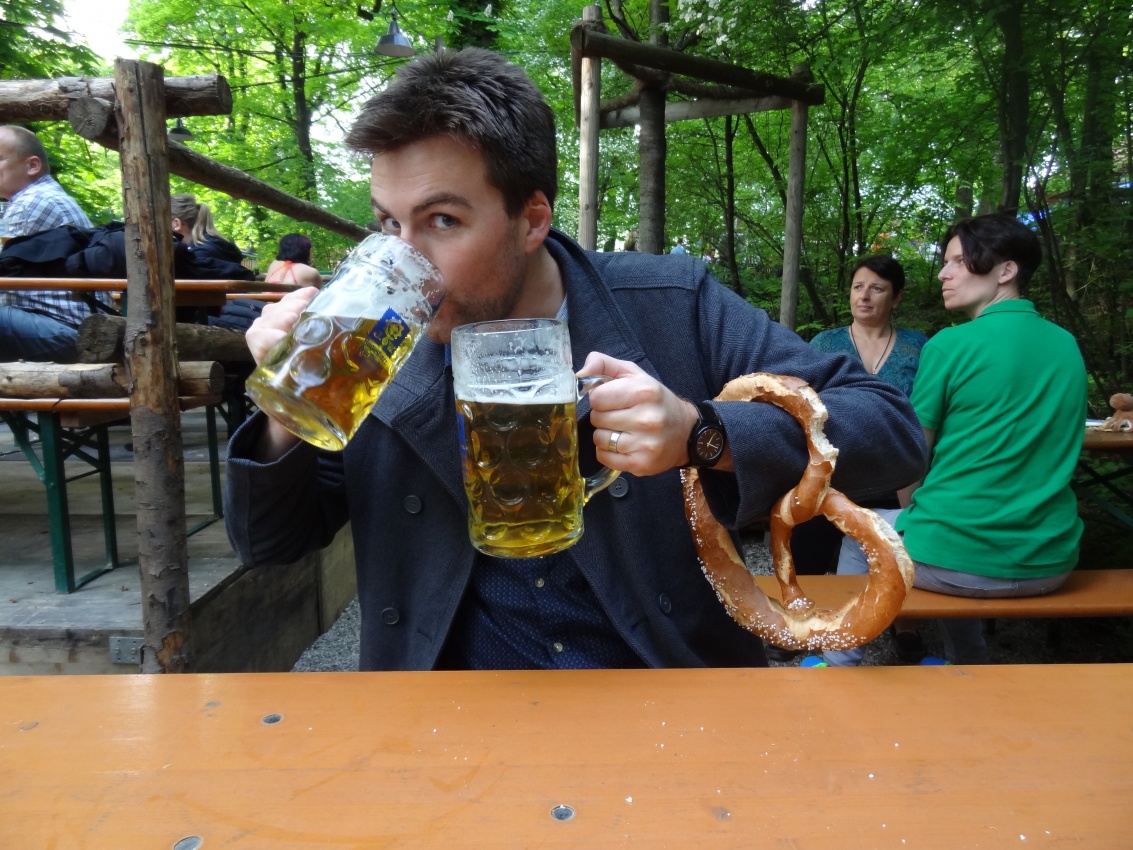
Enjoying Beer: 11 things Germany gets right (where Australia fails)
Having moved from Geelong, Australia to work in Munich, Germany for 6 months, I've noticed some differences in regards to drinking beer and the culture that surrounds it in both towns.
Before I start I’d like to make it clear that although I will paint a pretty picture, I'm not saying that Munich is perfect. There is surely some alcoholism and isolated events of alcohol related violence. Here though I sense that the general attitude towards these things is: “But why let that spoil the good times for your average, well behaved humanoid?”
So with that said, let's begin…
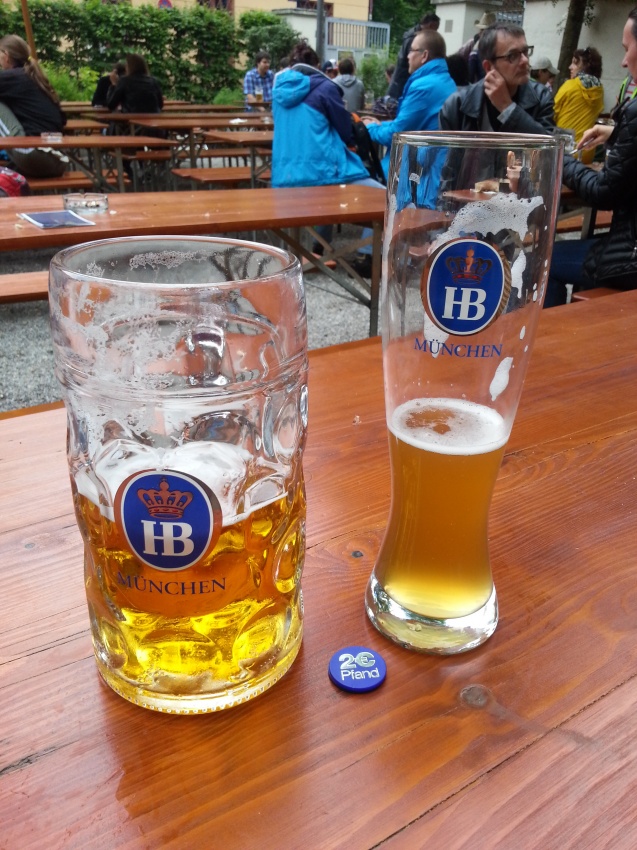
1. Beer is as not heavily taxed as it is in Australia, so it makes for a cheap "with lunch"option (often cheaper than soft drinks!)
Australia - 1L Hofbräu Maß @ HOFBRÄUHAUS- $21.50 AUD
Germany - 1L Hofbräu Maß @ HOFBRÄUHAUS - €8.00 ~ $11.50 AUD
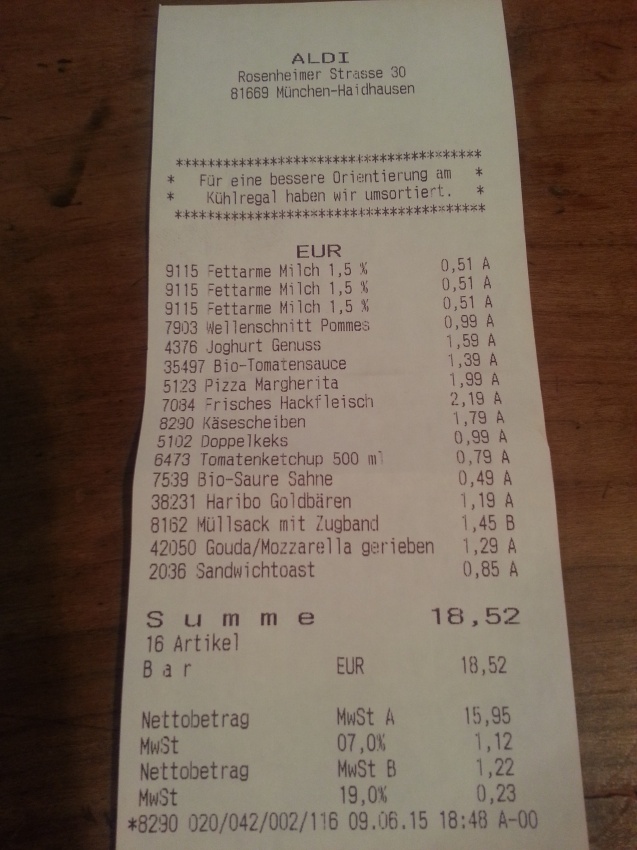
2. Comparative to wages, food is quite cheap.
So taking some of your own lunch to a biergarten saves you a couple of sheckles - of which you can then spend on beer!
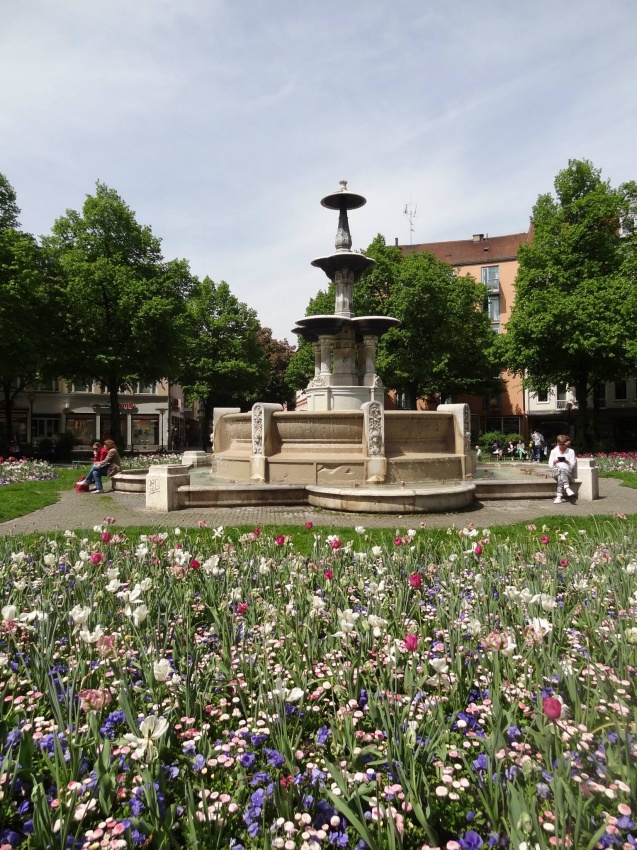
3. You are not restricted to drinking in expensive licensed venues and can sensibly drink in public
If you find the premium biergarten prices are too much in Germany, getting your beer from the supermarket is a much more affordable option. An Augustiner Helles costs €0.85 (~$1.25 AUD) for a 1/2L bottle at my local HIT store. You could take a few bottles with a picnic out in the park. Why not? You're not getting off your face and harassing people - it's just something nice to have with lunch! Here many people cruise around with a beer in hand and are always in good spirits
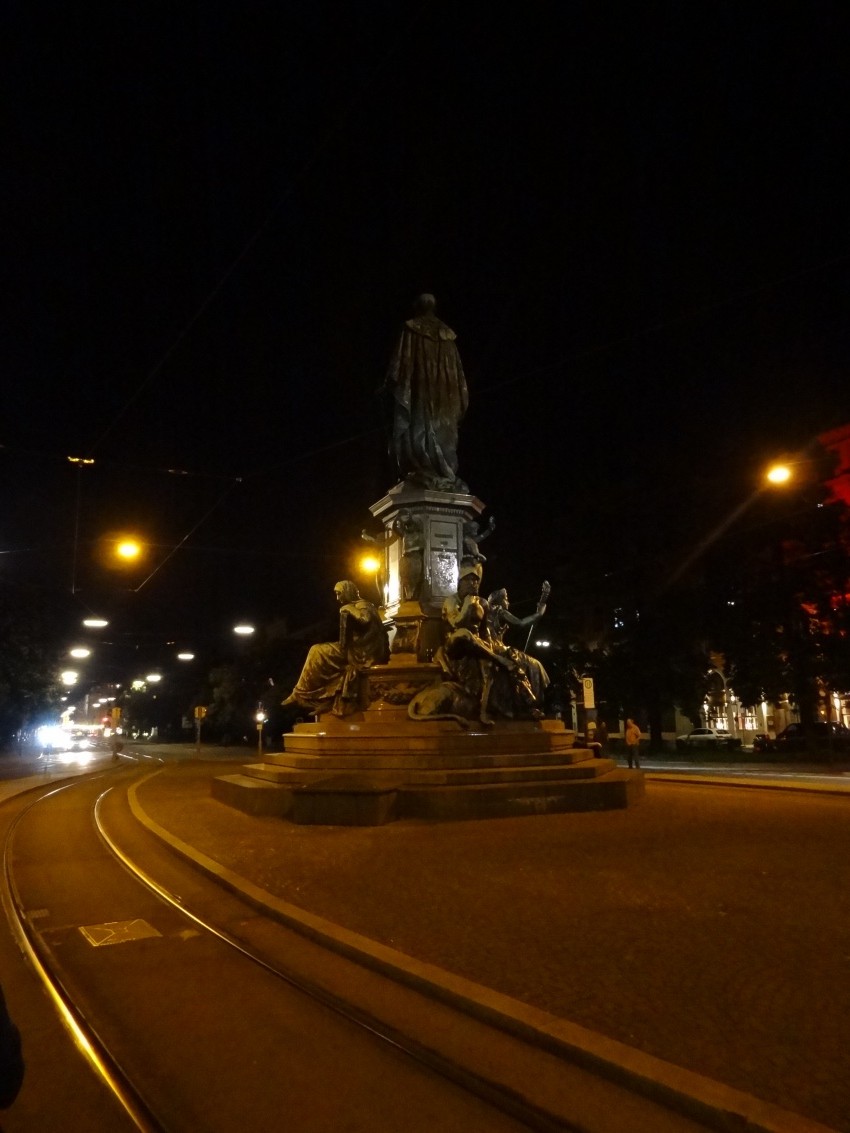
4. Public transport is very well connected
If I were to drink in a hypothetical botanic biergarten in Geelong I would then have to walk 2.2km to Geelong train station, wait until the next hourly train arrives, catch it to Corio station and then walk another 3.1km home. This is understandable as it is "out in the suburbs", but even in the big city of Melbourne it is not an enjoyable task.
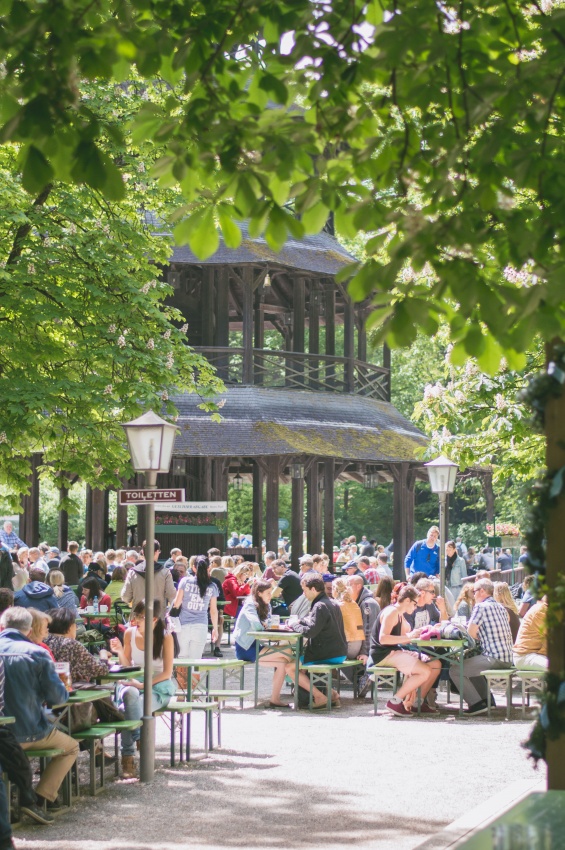
5. General attitudes towards alcohol are much healthier
I get the feeling that drinking a beer in Germany is not so much cool as something you'd do with your parents at a family dinner. You can legally drink beer from 16 years old and hard liquors from 18 years old. This means the lustre of alcohol has already had two years to wear off before you unleash on the world with you 18+ freedoms. Most would be living at home for these two years as well, so parents would be able to regulate their children's drinking environment in the home. I believe this approach curbs the "let's get smashed" mentality that is quite common in Australia's newly drinking youth.
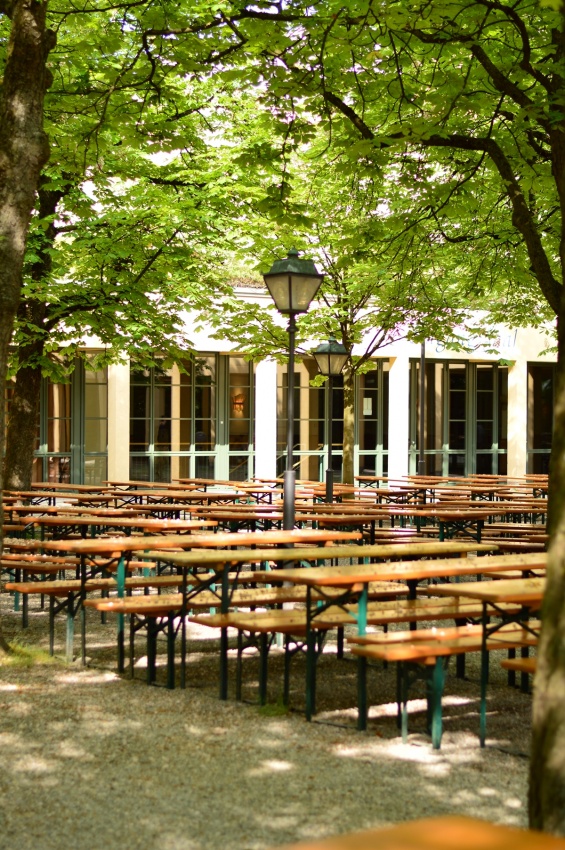
6. General respect for the good things
If there was a German style biergarten in the Geelong, the benches and tables would probably be gratified, vandalised, smashed and/or stolen - for no good reason. I don't know who they are, but there seems to be some group of people who fuck it up for everyone else in this manner.
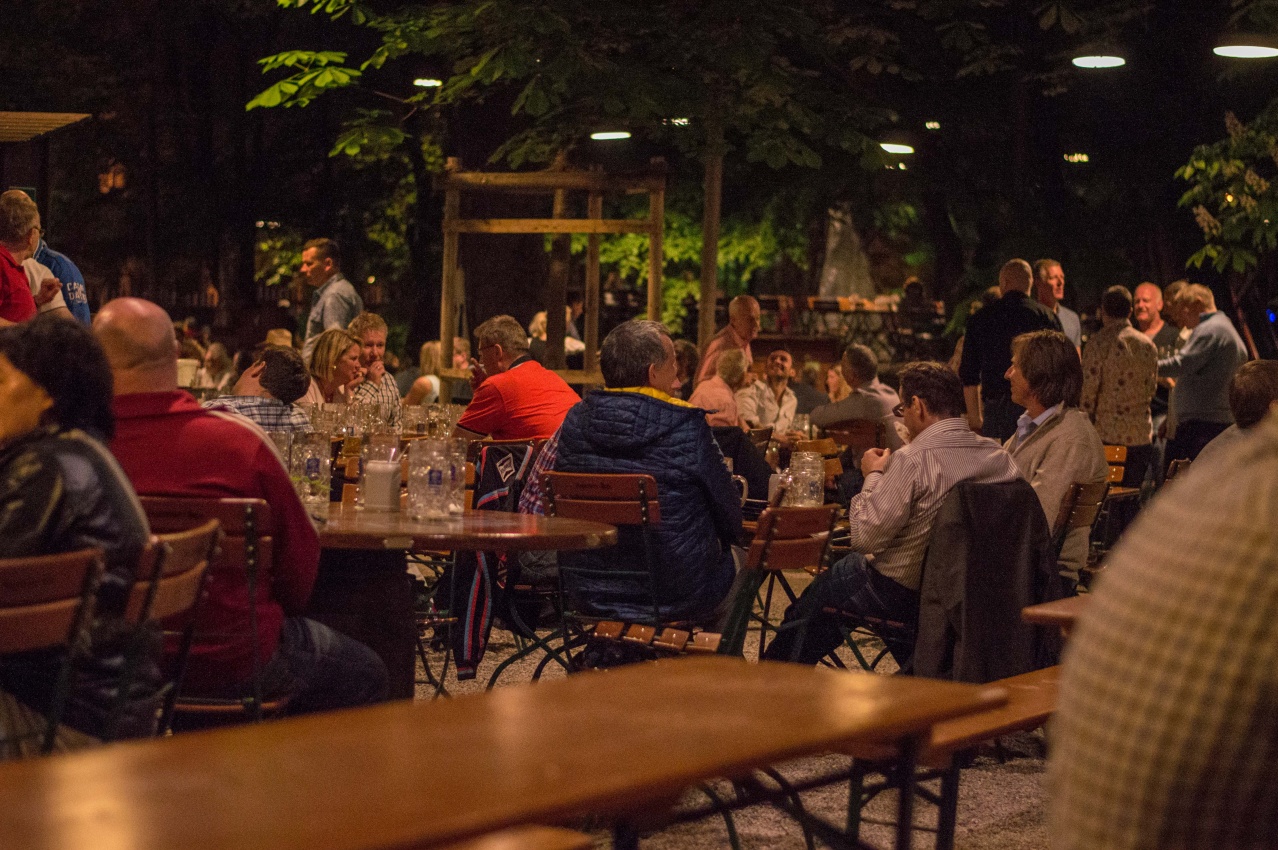
7. Not always pandering to minorities and the lowest common denominators
In Australia, someone would get unreasonably drunk and smash a 1L piece of glassware over someone's head and put them in hospital. Then there would be calls for bans - not on the idiots, but the very places sensible people would find enjoyable. The biergarten where this incident occurred would then be shut down due to mounting pressure from lobby groups and the local council.
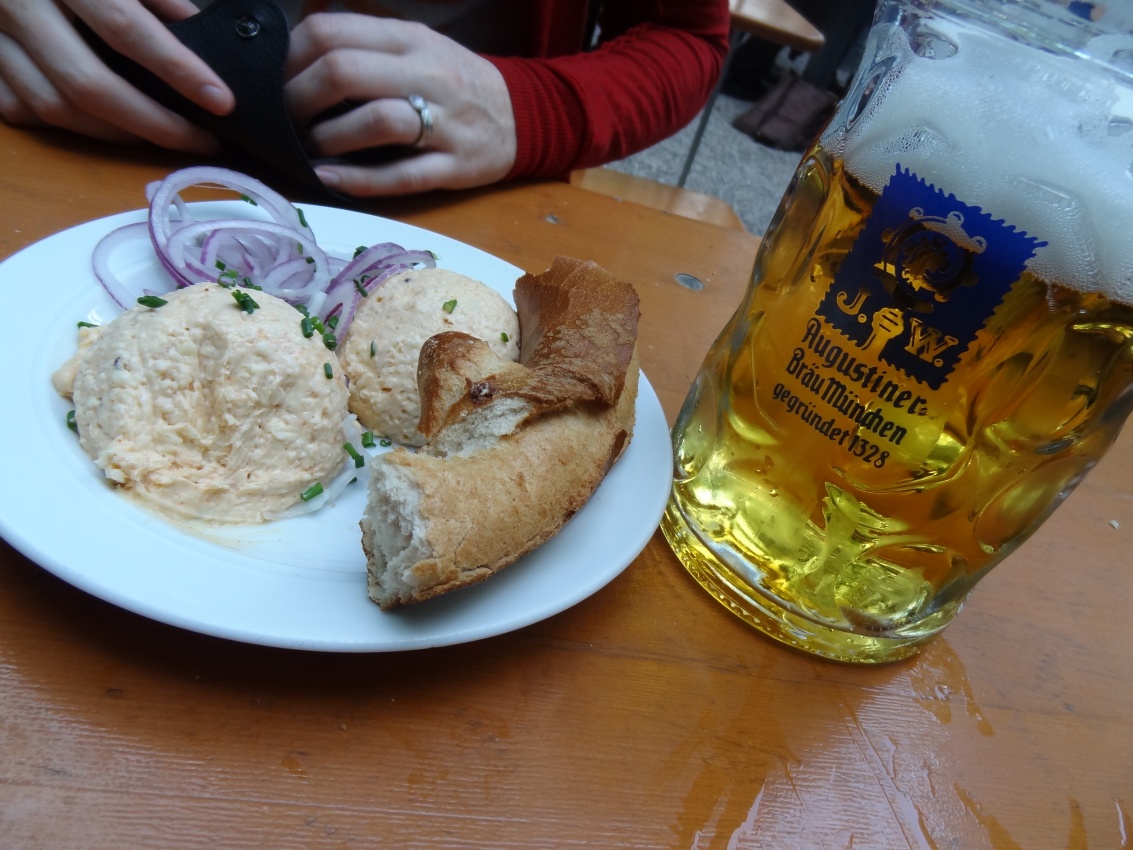
8. No crappy preservatives
I wake up with no headaches or hangovers after a "medium" session of Munich beers. The big sessions yield a queezy stomach the next day, but that may just be from the sheer quantities consumed. So drinking on a Monday night, although uncommon, isn't going to have adverse effects on your Tuesday workday. Wunderbar!
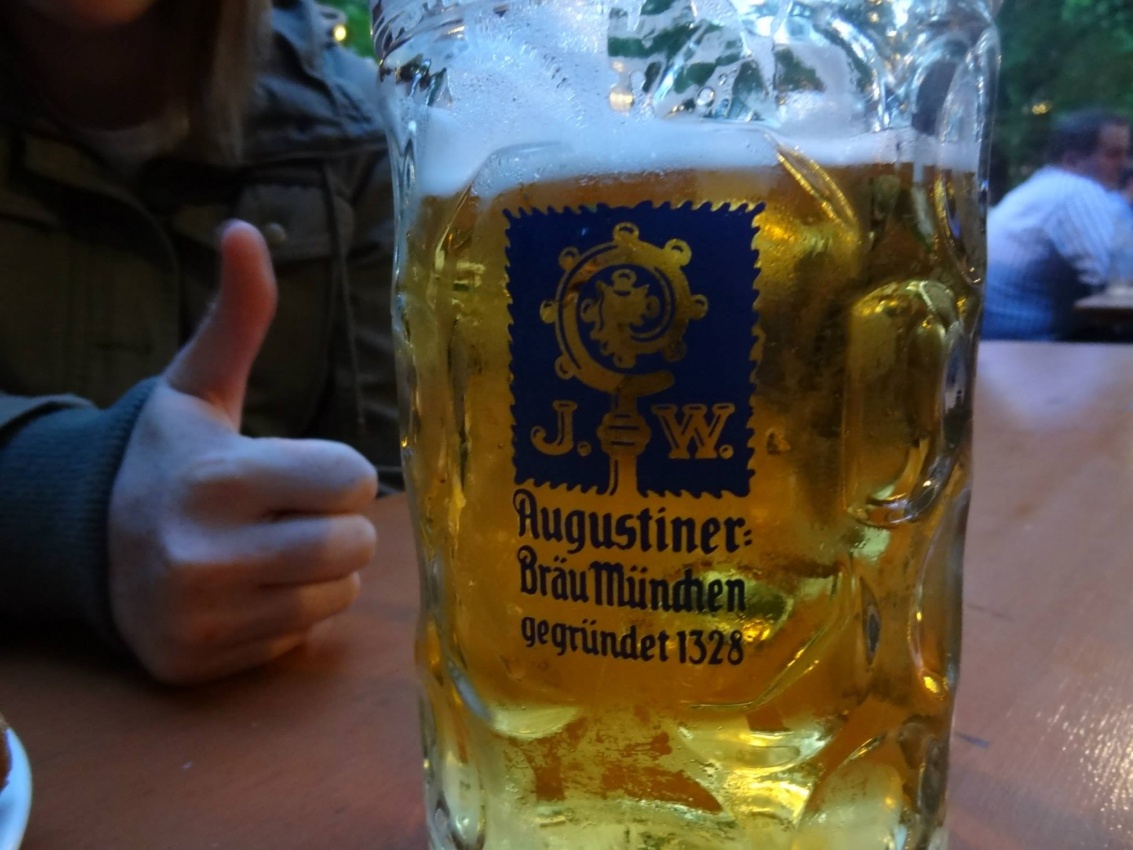
9. The quality
The big players' beers are brewed under the order of the "Reinheitsgebot": the German beer purity law. This means even your most "mainstream" beers are uncorrupted and great tasting. The mainstream beers in Australia vary depending in state, but will either be Carton Draft (tastes like rusty nails in grey water) or XXXX (tastes like a camels piss mixed with tonic water) both of which are comparatively horrible. In fact, I'd go as far to say that you don't even need a point of reference to know that they're not very good.
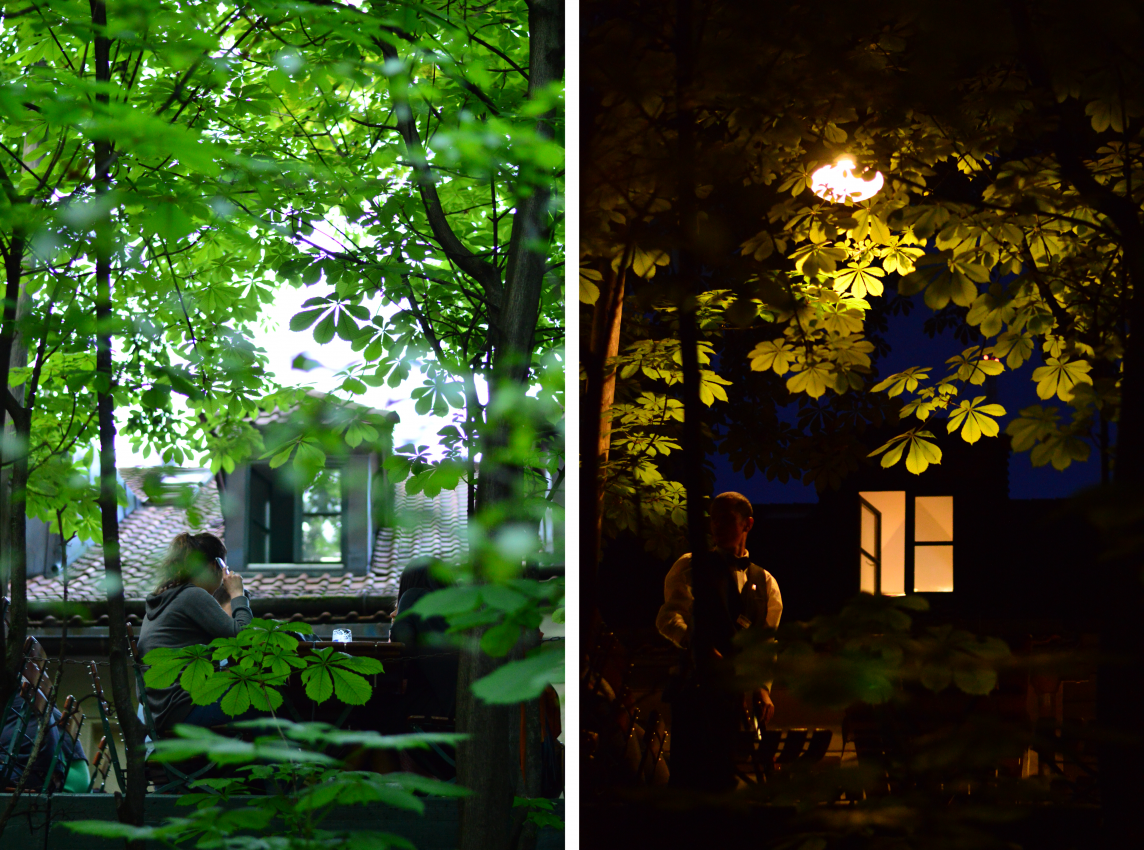
10. The settings
I mean, look at that.
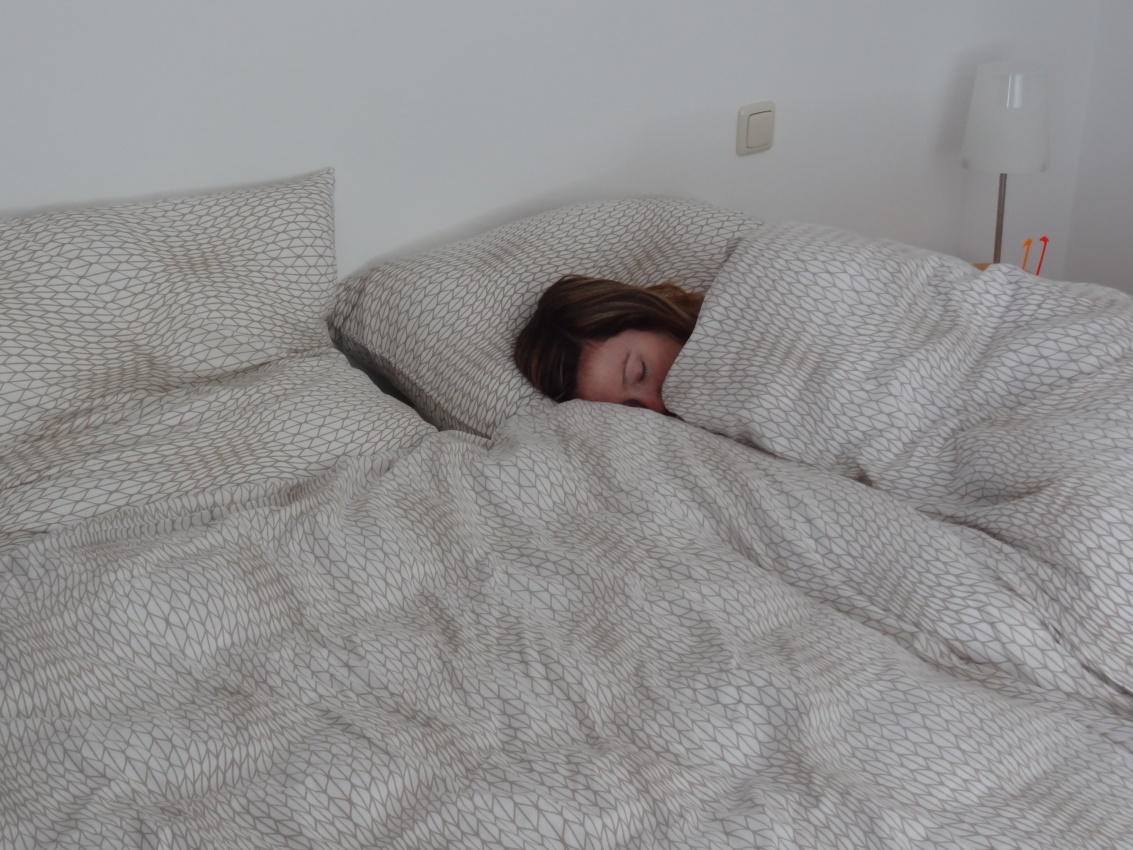
11. Shut on Sundays
Shops are shut on Sundays in Munich. There are no duties or commitments on this day, so just enjoy yourself and recover if you need to (since you might have had an extra beer on Saturday, safe in the knowledge that you didn't have to do anything on the next day)
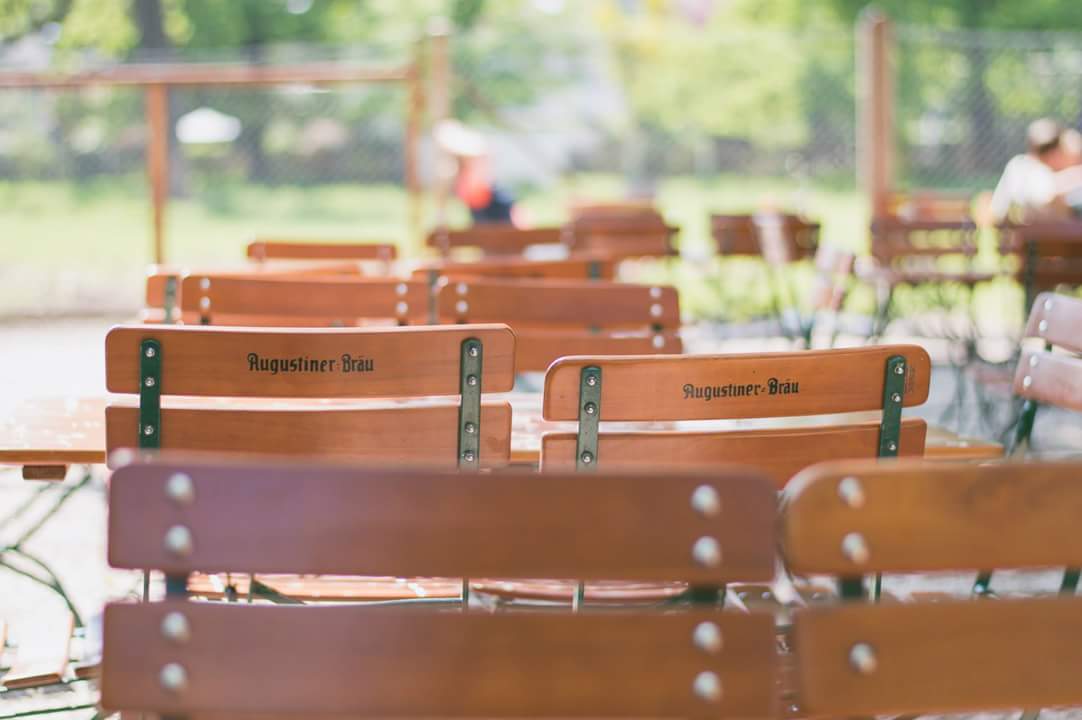
This post was written while enjoying a HB Maibock on a shut-down Sunday. Go Germany!